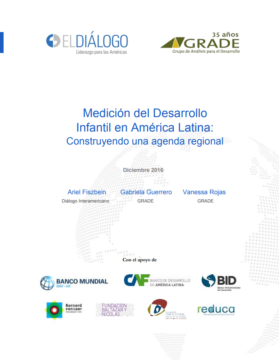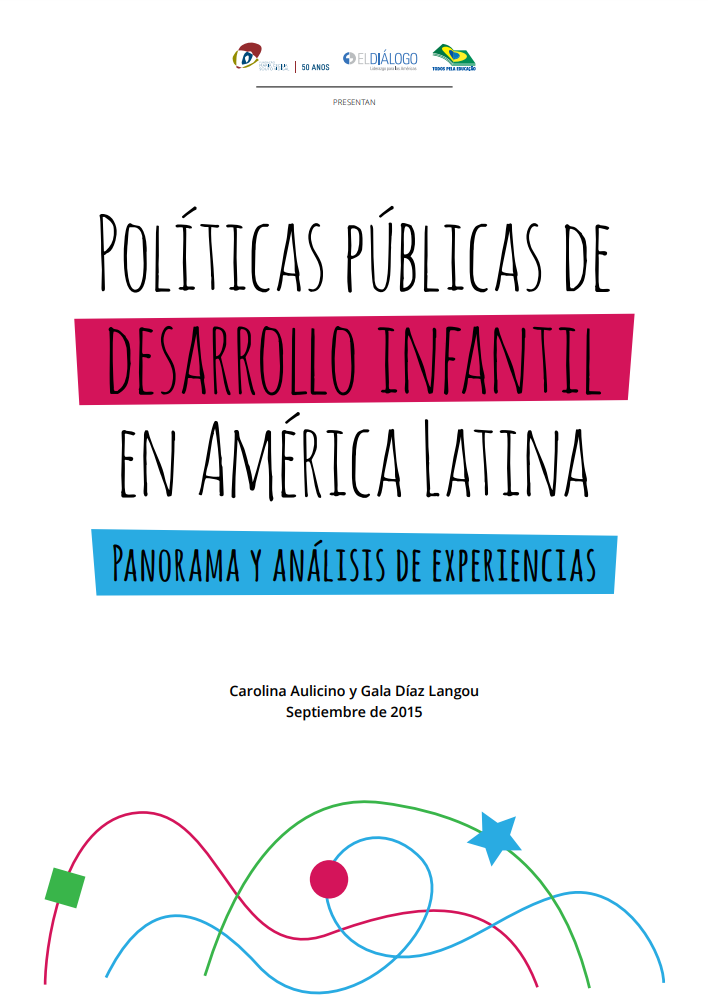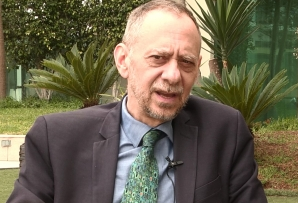
Measuring Early Childhood Development in Latin America
Measuring early childhood development (ECD) at the national level is crucial for informing policy-making and for evaluating ECD programs in Latin America.
This post is also available in: Español
Early childhood, defined as the period from pregnancy to 5 years of life, is a central stage in life and a unique window of opportunities for both the present and the future of our societies. Prioritizing early childhood development is the best decision a nation can make: it is one of the investments with the highest returns and allows us to achieve, simultaneously, equity and efficiency objectives.
Accomplishing Early Childhood Development (ECD) involves moving beyond traditional approaches (sectoral and focused on child survival) to policies that, from a human rights perspective, allow children to reach their full development in all dimensions: physical, social, emotional, and cognitive.
Based on these considerations, the organizations Todos Pela Educação, Fundación Maria Cecília Souto Vidigal, and the Inter-American Dialogue (supported by the Bernard Van Leer Foundation and REDUCA) convened a diverse group of stakeholders to participate in a workshop held on September 14-16, 2015 in Sao Paulo, Brazil. The objective of the workshop was to define a regional agenda for Early Childhood Development to be used as an advocacy tool throughout the countries in the region.
We are pleased to share two documents with our readers:
1. Regional Agenda for Early Childhood Development (only available in Spanish)
2. Public Policies for Early Childhood Development in Latin America: Overview and Analysis of Experiences (only available in Spanish)
These documents seek to generate informed debates about early childhood development in Latin America with the hope that all children in our region can have a prosperous childhood.

Measuring early childhood development (ECD) at the national level is crucial for informing policy-making and for evaluating ECD programs in Latin America.
La importancia de los primeros años de vida sobre la formación del capital humano es ampliamente reconocida. ¿Cómo podemos asegurar una oferta de servicios de calidad?
Ariel Fiszbein, director del Programa de Educación, habla sobre los avances y retos de la atención a la primera infancia en Perú.


